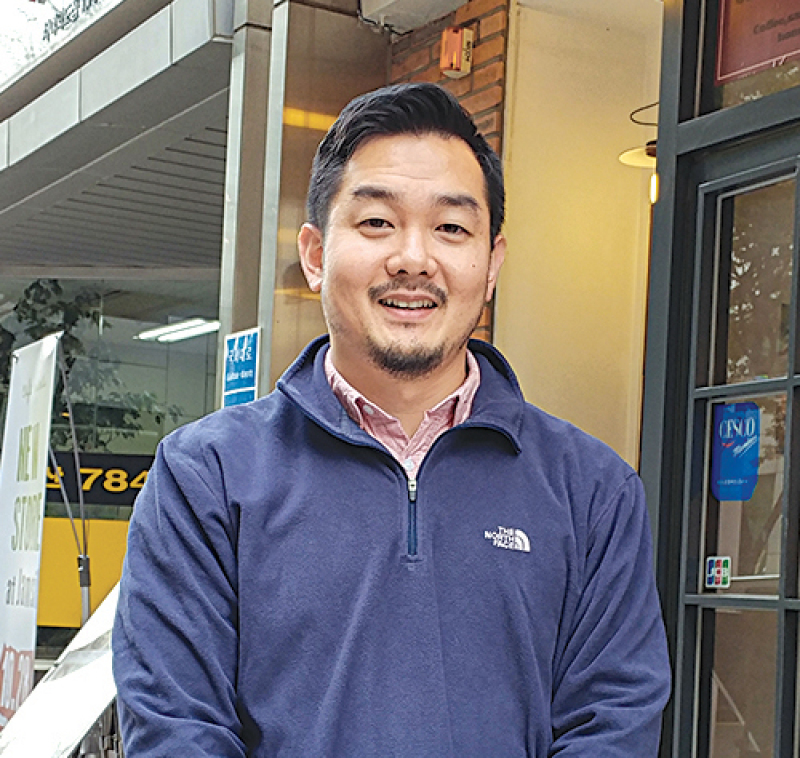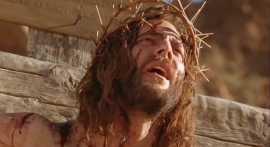
In many respects, Pastor Joel Yoon's current position as the founding and lead pastor of a church in Seoul is a position that his younger self may have felt was completely out of his element.
Yoon, a Korean American from Chicago, used to want to "run away" from his Korean heritage and become as American as he possibly can. And Yoon had never considered himself a "pioneer type," much less a church planter. He wouldn't have imagined that he would one day plant a church, and in Seoul, South Korea at that.
But talk to Yoon today, and he may well share with you about his longing to see more and more healthy, gospel-centered churches being built up in South Korea, and his gratitude for the men and women of the faith in South Korea who have come before his generation.
While living and ministering in Korea, God has changed his perspective and grown in him a love for his Korean heritage and the Korean people, Yoon said. In fact, it wasn't a love for the country that brought him to Korea - far from it, he had shied away from going to Korea because of his negative experiences with the Korean church.

Pastor Joel Yoon is the lead pastor of Gospel City Church, located in Itaewon, South Korea.
It was a conviction to "bring a richer, glorious gospel of grace" that led him to take an offer and serve as an English ministry pastor at a Korean church, and then to later plant Gospel City Church in Seoul.
"I came to Korea with that one conviction," said Yoon. "While I'm here, I want to hold up the gospel and let the gospel do the work within our hearts and in the church."
"Often it seems like people go to a country out of a love for the people, but I think God called me here out of a love for the gospel and the church - for the church to grow in Korea," he added. "When that happens, God starts to give you a heart for the people too."
That conviction has cultivated his desire to see more gospel-centered churches in Korea, as he describes it. And perhaps it's this desire that has drawn them in, but many of the members of Gospel City Church are people who used to be disillusioned about church or "dechurched" - those who had drifted away from the church at some point because of bad experiences, or simply not be able to take root in a community.
"We try to be very much authentic about our faith and learn to live it out," Yoon said.
Gospel City Church consists of individuals in the Korean diaspora community, the non-Korean community, and the Korean native community. Yoon asked some of his Korean-speaking members, who make up some 20 percent of the church congregation as of late last year, why they chose to become members of Gospel City Church despite the language barriers. He received unexpectedly simple answers - and it wasn't just that they wanted to practice their English.
"They told me, "It's a gospel-centered church. You preach the gospel, and it's about Jesus,'" he recalled.
On the one hand, these kinds of responses caused Yoon to question whether there is a lack of churches that clearly communicates that gospel message. But on the other hand, he saw this as an opportunity for both native and international pastors.
Indeed, many of the younger Korean pastors with whom Yoon has been interacting have noticed an increased disillusionment within the younger Korean population, and shared with him a hope to "do church in a way that reaches the next generation of Koreans," Yoon said.
But the same need exists in the international community as well, he added, and having international pastors with experiences in healthy churches come to South Korea could help to build up the church.
"I'm sure there are many blessed Korean pastors all over the world who have seen healthy churches and who would be a great asset to Korea, especially if they're bilingual," said Yoon. "They have an amazing opportunity to impact the next generation in a very special and unique way."
And if there are any who, like Yoon's younger self, are shying away from Korea, they may find themselves being changed in the process, too.

















